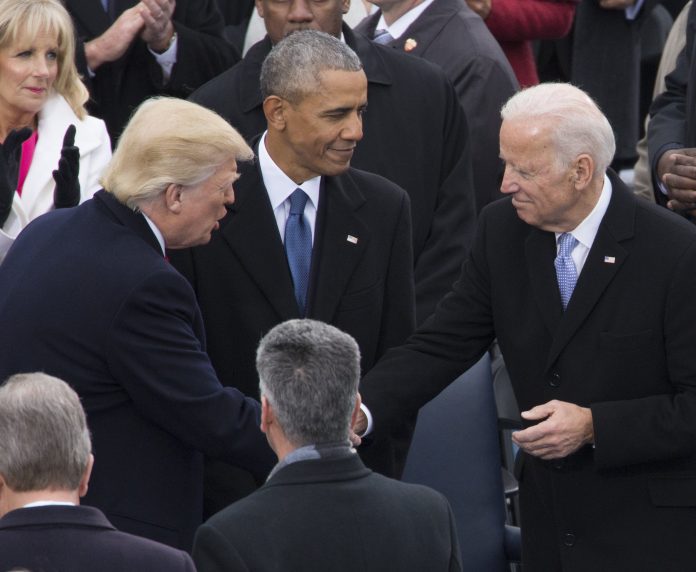
This weekend, the Biden administration stunned the world when they agreed to a Trump administration ruling.
On Sunday, Secretary of State Antony Blinken upheld a rejection of almost all of the significant maritime claims China is alleging in the South China Sea. According to a mutual defense treaty, the Biden administration issued a clear warning that any attack by China on the Philippines will result in a serious response from the United States.
On a Sunday, five years ago, an international tribunal ruled that the Philippines was entitled to maritime claims by China in the Spratly Island area, in addition to shoals, reefs, and shoals in the region. China has reaffirmed that ruling.
The Trump administration stated that it supported the ruling last year but went one step further. They rejected nearly all Chinese maritime claims to the South China Sea, waters which are not internationally recognized as China’s.
Blinken then reaffirmed that position, which was originally put in place by his predecessor, Mike Pompeo.
Blinken released the following statement on Sunday:
“Nowhere is the rules-based maritime order under greater threat than in the South China Sea.”
He accused the Communist country of continuing “to coerce and intimidate Southeast Asian coastal states, threatening freedom of navigation in this critical global throughway.”
Blinken continued to reference Pompeo’s statement from last year when he said:
“The United States reaffirms its July 13, 2020, policy regarding maritime claims in the South China Sea. We also reaffirm that an armed attack on Philippine armed forces, public vessels or aircraft in the South China Sea would invoke U.S. mutual defense commitments.”
The treaty, which was signed way back in 1951, requires both countries to aid each other if there’s ever an attack.
Before Pompeo changed the U.S.’ stance last year, American policy was to insist all disputes that were maritime in nature between China and any of its neighbors be handled peacefully by an arbitration process that was backed by the United Nations.
The new shift in policy, though, doesn’t apply to any dispute over a land feature that is above sea level. That would fall under “territorial” disputes.
While the U.S. has been neutral in these territorial disputes, it has supported smaller countries like Brunei and the Philippines in maritime disputes over contested islands, reefs, and shoals in the South China Sea.
China wasn’t too enthusiastic about the Trump administration and isn’t likely to respond positively to the Biden administration decision.
China called the decision of the international tribunal “sham” and has since refused to participate in arbitration proceedings.
The country continues to defy the decision by being aggressive in the region. In recent years, this has led to disputes over maritime territories with Vietnam, Malaysia, and the Philippines.
China claims it controls the entire South China Sea and objects to any actions of any other country’s military there. Five other countries claim parts of the sea, which is where $5 trillion worth of goods are shipped annually.












